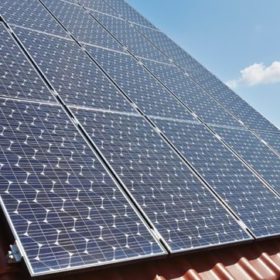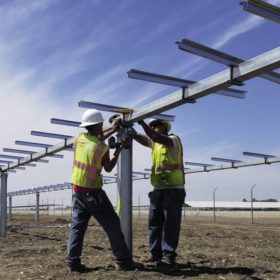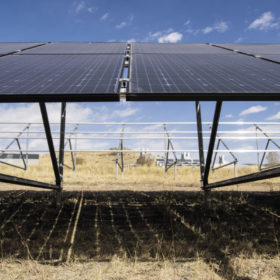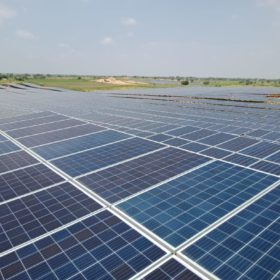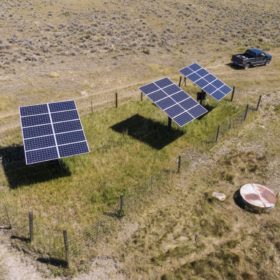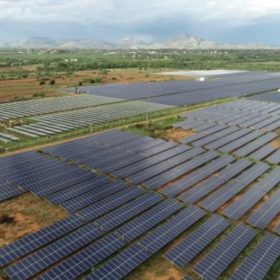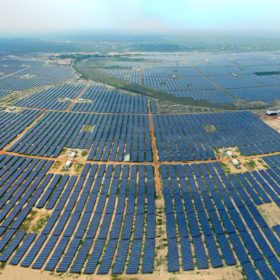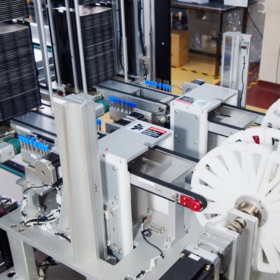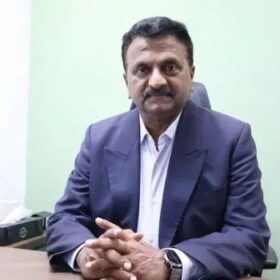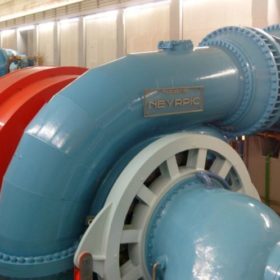EESL commissions 8 MW solar plant for MSEDCL
The solar plant, installed at Devdaithan village in Maharashtra’s Ahmednagar district, will provide eight hours of uninterrupted electricity for agricultural loads served by the respective feeder.
IIT Jodhpur to get a 3 MW rooftop solar plant
Bids are invited to install and commission a 3 MW grid-connected rooftop solar project at Indian Institute of Technology Jodhpur (IIT Jodhpur) in the state of Rajasthan. The scope of work also includes operation and maintenance for ten years.
The long read: Disrupting developments
The current developer-EPC model has increasingly turned to focus on quality over a two-year horizon. This contrasts with long-term owners who are focused on quality over the lifetime of their projects (20 to 40 years). With long-term owners now buying projects in the pre-construction phase, the current model looks set for disruption. Olivier Crepon, managing director at Skyray Engineering, reviews the emerging model of project development and explains how it will impact developers, EPCs, and third-party services and ultimately lead to a stronger, more mature PV sector.
Andhra Pradesh tenders 6.4 GW of solar capacity for agricultural loads
Solar power developers have until December 28 to bid for an aggregate 6.4 GW of grid-connected solar power capacity, which shall come up across ten locations in the state. The Andhra Pradesh Green Energy Corporation Ltd (APGECL) will serve as the offtaker and supply the power procured from these projects to meet the demand of agricultural loads in the State.
India’s path away from climate disaster lies in the rapid growth of renewable power
The nation is already firmly positioned to lead the world in the clean energy revolution. Consolidating this position would unlock significant economic growth and competitiveness by attracting domestic and foreign investment, creating jobs, and improving public health.
Guidelines issued for feeder-level solar plant installation under PM KUSUM Scheme
The Distribution Companies (DISCOMs) shall be the implementing agency for agricultural feeder-level solar plants and shall incentivize farmers for consuming power below the benchmark consumption for their area—an important measure for conserving groundwater level.
The unstoppable trajectory of photovoltaic water pumps
Scientists in Russia have analyzed the most important technological advances achieved for solar water pumps over the past decades and have indicated the roadmap that future research should follow to expand their use and application.
Singapore’s Blueleaf launches in India with the acquisition of commercial solar developer Vibrant Energy
The pan-Asian renewable energy development platform, owned by Australian investment bank Macquarie’s Green Investment Group (GIG), has acquired a majority stake in Hyderabad-based commercial solar developer Vibrant Energy.
India added just 853 MW of solar capacity in third quarter
The solar installation in India is making a slower-than-expected recovery as Covid-related disruption continues to hurt construction progress. Safeguard duty extension and module price increase have added to the pain.
India added 438 MW of solar capacity in Q3 2020
The 438 MW of new solar capacity added during the three months ending September includes 283 MW from large-scale installations and 155 MW rooftop.

